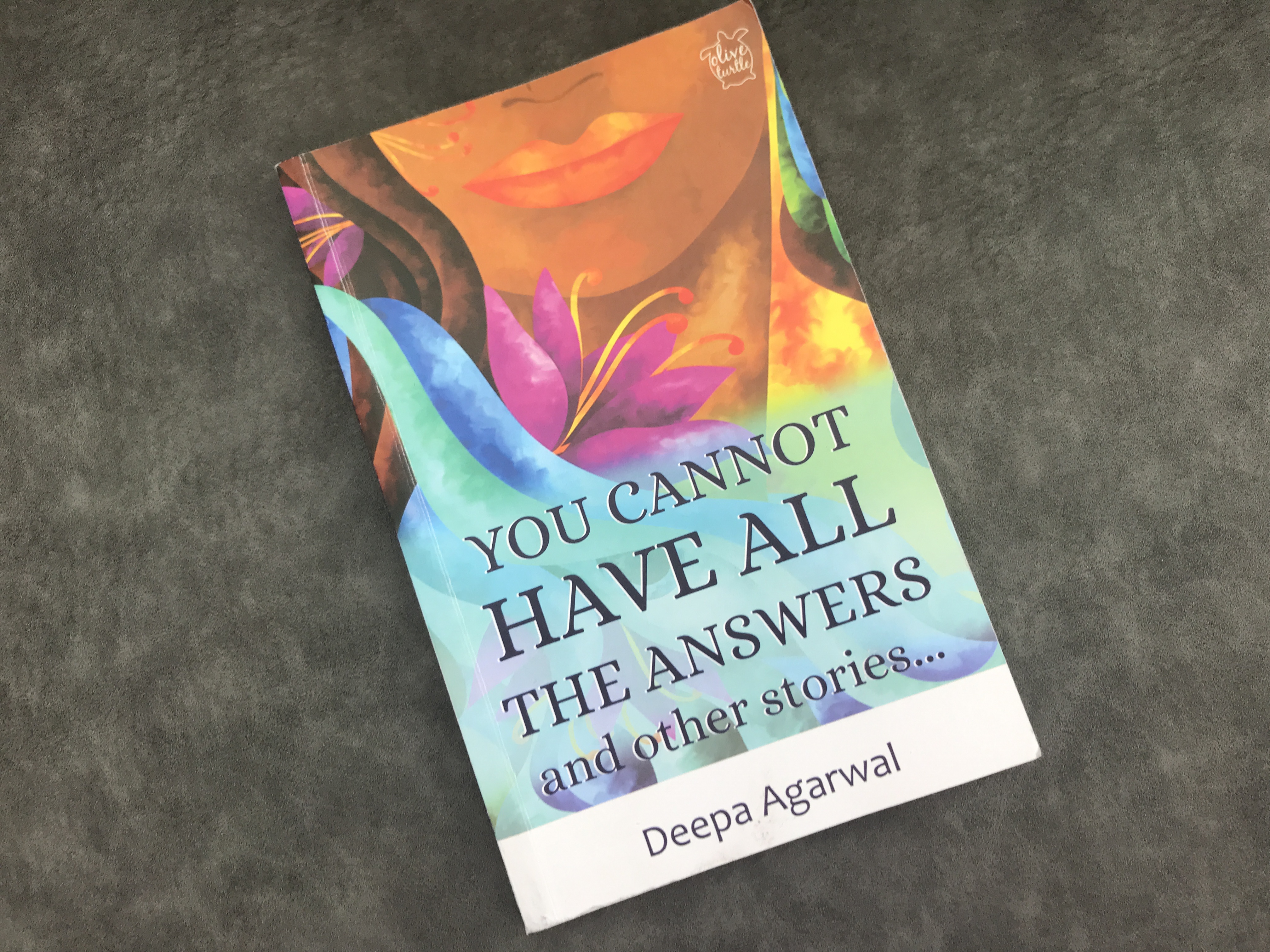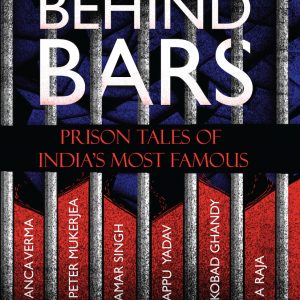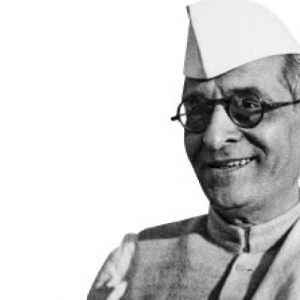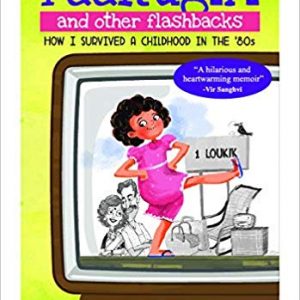You cannot have all the answers by Deepa Agarwal is a collection of fifteen short stories that attempt to answer questions or rather, question established answers about some conflicting situations.

The stories in the book are very layered. There are undertones that simmer beneath. It takes sensitivity on the part of the reader to understand and appreciate these nuances. The first story, ‘Cradle Song’, is about a family of seven sisters and a one brother who crossed the border during partition and fled to Bombay to rebuild their lives. Two sisters go back to revisit their childhood home and are faced with an old cradle that holds memories. Behind this apparently nostalgic account is a smoldering tale of deprivation and of a feeling of neglect in childhood.
In this collection the author has experimented with modes of storytelling as well. The story ‘You cannot have all the answers’ from which the book takes its name contains a kind of magical realism. In ‘Closure’, it’s really tough not to admire the protagonist, Amma, and her fiery bravado. However, what’s more interesting is that the story conveys a poignant message even without reaching a conclusion. ‘The Path’ takes on the futility of war and its impact on common people just by describing a journey taken by a runaway soldier.
The story titled Karma was very touching, illuminating the inner life and mental state of a young girl married to her brother in law to take care of her ailing sister.
There is definitely a philosophical angle to the tales. Some of the themes they address are sexuality, youth, war, old age, obsessions and so on. The protagonists of the short stories are mostly women. Their tales carry their unique point of view, and their struggles.
The stories also illuminate a deep understanding of human psychology- without being judgmental. Why do people behave the way they do? What are the underlying thoughts and motivations that propel people to act in certain ways? What makes things different for women in the context of the society they are in? How does society cripple us? These are some of the questions that the stories indirectly seek to explore.
It is said that in life the journey is important and not the destination. In a sense, these stories chronicle fragments of such journeys. Each story does not necessarily have a conclusion or climax. Each event is not neatly tied up. Rather, the stories throw questions. Questions, which will make the reader think and ponder. Questions which may not really have answers, but still need to be deliberated upon. Because, in life, ultimately, You cannot have all the answers!
Title: You cannot have all the answers
Author: Deepa Agarwal
Publisher: Niyogi Books
Genre: Short Stories/ Fiction




